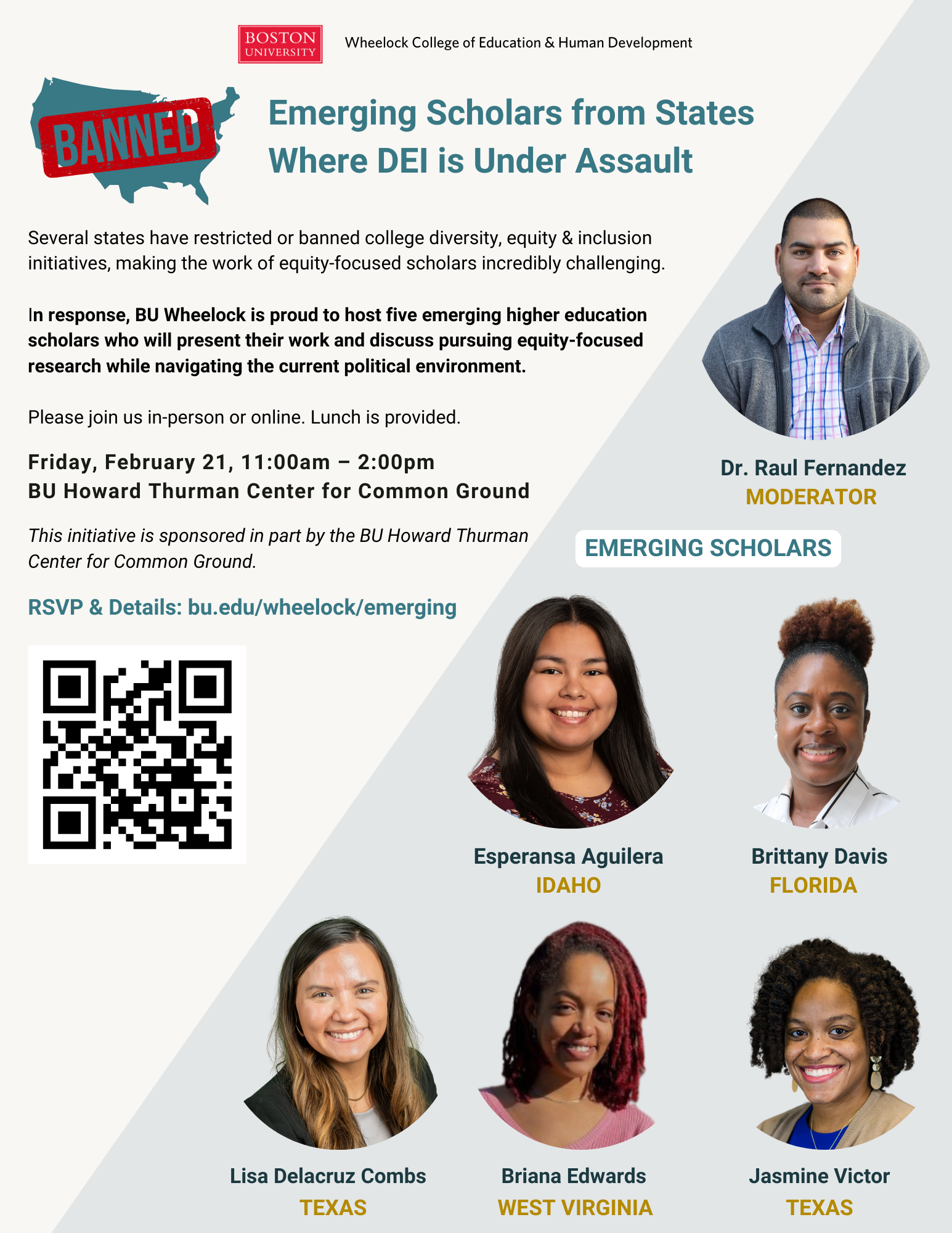Attacks on DEI
I have been closely following the attacks on diversity, equity, and inclusion that began percolating at the state level a few years back. I complied my research on these changes into a presentation called Banned: How the Courts, States & Feds are Reshaping Education Policy, which I have presented to hundreds of educators and policymakers in hopes that we could understand and work collaboratively to combat these attacks.
In the presentation, I make a case that the wave of state-level anti-DEI laws backed by conservative courts has reddened purple states and cemented rightward shifts in state level education policy. Case in point is Florida. Democrats there had a 257,000 registered voter advantage over Republicans at the end of 2018 – the year Ron DeSantis was elected governor. His libertarian COVID policies (vax optional, schools open, masks off) led to a wave of new Republican transplants, while his so-called Don’t Say Gay bill and self-proclaimed War Against Woke drove Democrats out. By the end of 2024 it was Florida Republicans that had a one million registered voter advantage over Democrats.
Inspired by Florida and others, several states have now restricted or completely banned DEl, making the work of equity-focused scholars difficult and potentially imperiling their academic futures. That’s why my colleagues and I secured funding to bring five emerging scholars from states where DEI is banned to present their work at Boston University. This event served a dual purpose by uplifting these early-career scholars while warning our community of what could come our way if we don’t prepare and fight back.
As we have already seen through Executive Orders and a bizarre Dear Colleague letter, the second election of Donald Trump has the potential to bring Florida-like policies to every state.
That’s why I worked with colleagues to host and moderate a series called What’s Next for Education Policy? where experts with local, state, and federal experience discussed the implications of ongoing and anticipated federal policy shifts for education policy and practice.
I also shared my own thoughts at the BU Wheelock Conversations with the Dean series, focused on the first 100 days of the T 2.0 presidency.
Finally, it appears likely that this battle for DEI and the larger battle for racial and social justice will be won or lost in the courts. That’s why I was excited to bring together some of the greatest legal warriors in Massachusetts for an event called Racial Justice & The Courts: Legal Challenges and Strategies for the Next Four Years, where we discussed the stakes, obstacles, and ways to keep pushing for racial justice.
This will be a long fight and I’ll be chronicling my thoughts and actions on Substack. I hope you’ll join me there.
